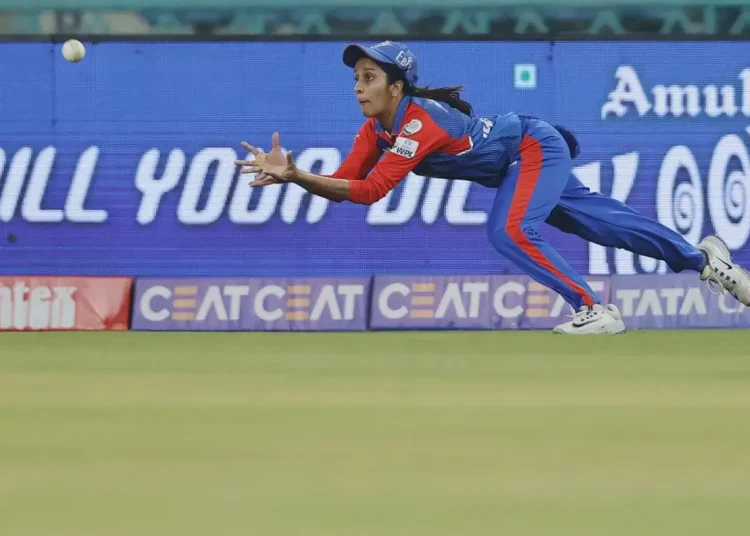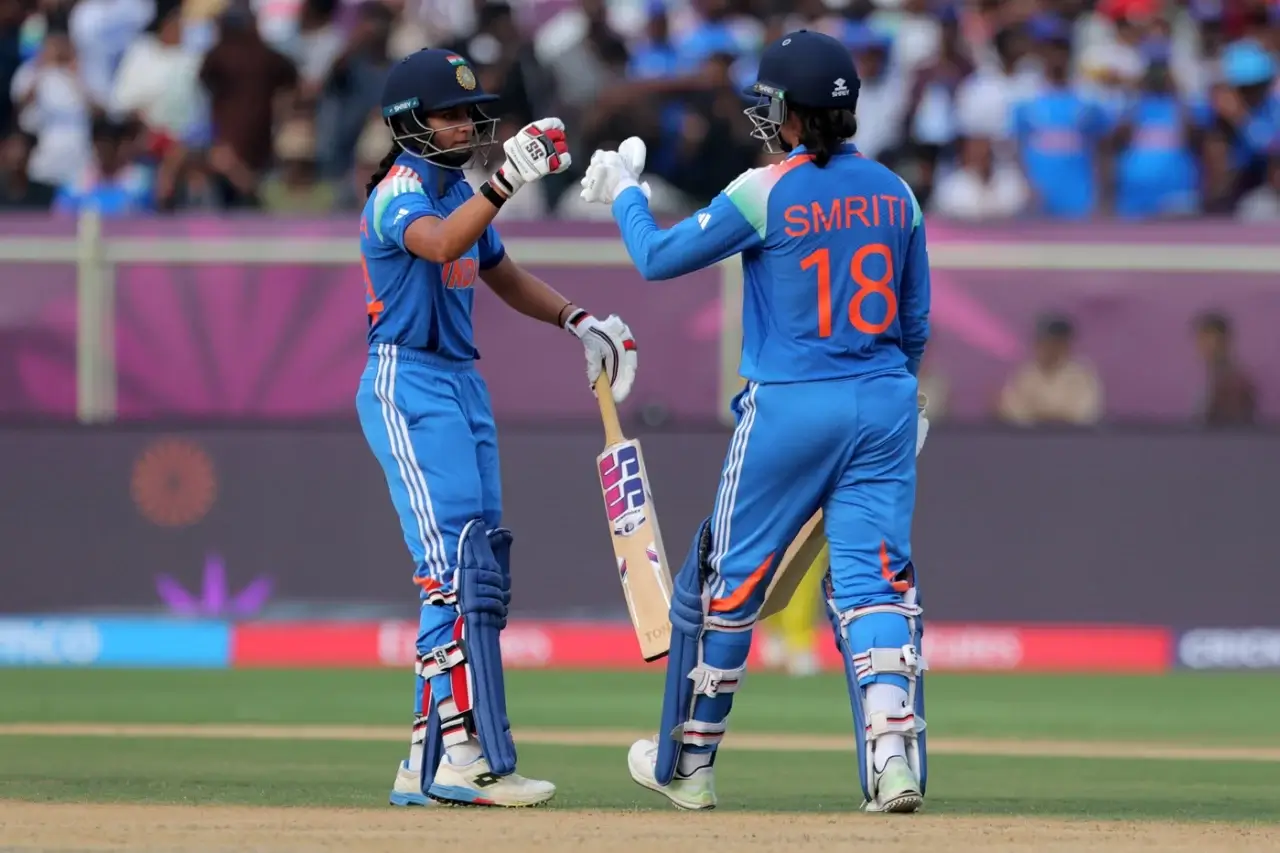India’s women’s cricket coach Amol Muzumdar opened up about the emotional decision to drop Jemimah Rodrigues against England. He called it one of the hardest choices his staff has faced during this World Cup. Despite criticism, Muzumdar stood firm that the change was driven purely by match conditions and team balance. India have now lost three straight matches, and their next clash against New Zealand could define their tournament hopes.
Rodrigues, who has had a modest run with 65 runs in four innings, made way for seamer Renuka Singh in Indore. Muzumdar explained that the pitch demanded an extra bowling option, and the decision was about team combination, not form. He praised Rodrigues for accepting the decision “sportingly,” showing the character and maturity the management values.
The Emotional Toll Behind Dropping a Core Player
Muzumdar admitted that benching Rodrigues wasn’t a performance-based exclusion. The staff recognized her as an integral part of India’s middle order. But Indore’s small boundaries and high-scoring pattern meant an additional bowler was crucial. Rodrigues’ absence was strategic, not personal.
The coach emphasized that such decisions often test a team’s emotional strength. He said tough choices are necessary in tournament cricket where every lineup depends on conditions. “Sometimes you must take tough calls,” he said, adding that Rodrigues’ attitude made things easier for the group.
Rodrigues’ Response Reflects Her Character and Team Spirit
According to team insiders, Rodrigues handled her omission with calm professionalism. She was among the first to return to the nets ahead of the next match, working meticulously on her front-foot drives and strike rotation. Muzumdar praised her maturity and focus, calling her attitude “the mark of a true professional.”
Her extended net sessions before the New Zealand game signaled she’s eager to reclaim her spot. Muzumdar said her return to the XI would depend on match-day conditions. However, he hinted that her intent and preparation were “inspiring for the whole unit.”
India’s performance has been inconsistent in this home World Cup. After promising starts against South Africa, Australia, and England, they lost all three matches in tight finishes. Muzumdar admitted that home expectations have created mental fatigue within the group.
He insisted that the squad was built to handle pressure, citing a mix of senior guidance and youthful energy. “This team is well-equipped to handle pressure,” he said, backing his players to bounce back.
Young Pacer Kranti Gaud Under Spotlight
Among India’s newer faces, Kranti Gaud has faced harsh spotlight after expensive second spells in key games. Muzumdar defended her strongly, saying her lack of international experience is part of the learning phase. He explained that the management is working to reduce her mental load while helping her adapt to pressure situations.
He emphasized that Gaud remains the spearhead of the pace unit and has shown courage in tough moments. The message was clear — the team stands behind her completely.
The Missing Hundreds – India’s Conversion Concern
Six Indian batters have scored fifties this World Cup, but none have reached three figures. Muzumdar acknowledged the issue, saying the team had honest conversations about finishing innings stronger. He believes the solution lies not in skill but mental focus and situational awareness.
Smriti Mandhana and Harmanpreet Kaur’s 125-run partnership against England showed the batting depth India possess. However, Muzumdar said that turning such fifties into hundreds could decide future matches. He sounded confident that “the big one” is just around the corner.
No Burden on Harmanpreet or Richa Ghosh
Muzumdar dismissed the notion that the captain and wicketkeeper carry too much finishing responsibility. He said India’s batting unit must collectively take charge instead of relying on a few stars. “We want Richa to play freely, without feeling she must save every game,” he added.
The team has focused on structure and shared accountability. That strategy, Muzumdar believes, builds consistency rather than overdependence.
Team Culture and Honest Communication Define Muzumdar’s Leadership
Since taking charge, Muzumdar has emphasized clarity, honesty, and self-awareness in team discussions. He regularly encourages open conversations where players admit weaknesses and take ownership. This cultural shift has strengthened India’s dressing room morale despite recent losses, like in Women league matches.
Muzumdar’s calm communication style contrasts sharply with panic-driven management seen in past campaigns. His belief in “honest cricket” — where players back each other — continues to shape India’s identity.
Road Ahead – Redemption Against New Zealand
India’s clash against New Zealand now feels like a turning point. Muzumdar said the players have accepted their mistakes and moved on. He described the upcoming fixture as a “new chapter” rather than a must-win battle.
The coach’s calm tone reflects a belief in steady progress, not panic. If Rodrigues returns, her presence could add both balance and experience in a batting order still searching for fluency. Muzumdar summed it up perfectly — “This team knows how to fight back.”
Conclusion
Amol Muzumdar’s handling of Jemimah Rodrigues’ omission highlights his balanced and transparent leadership. His calm approach under pressure and unwavering belief in his players stand out. India’s batting remains a work in progress, but their spirit under Muzumdar’s guidance looks unbroken.
As the New Zealand challenge looms, India’s path forward will depend on rediscovering intent and rhythm. Rodrigues’ story, from disappointment to determination, perfectly mirrors the resilience India will need to revive their World Cup hopes.






